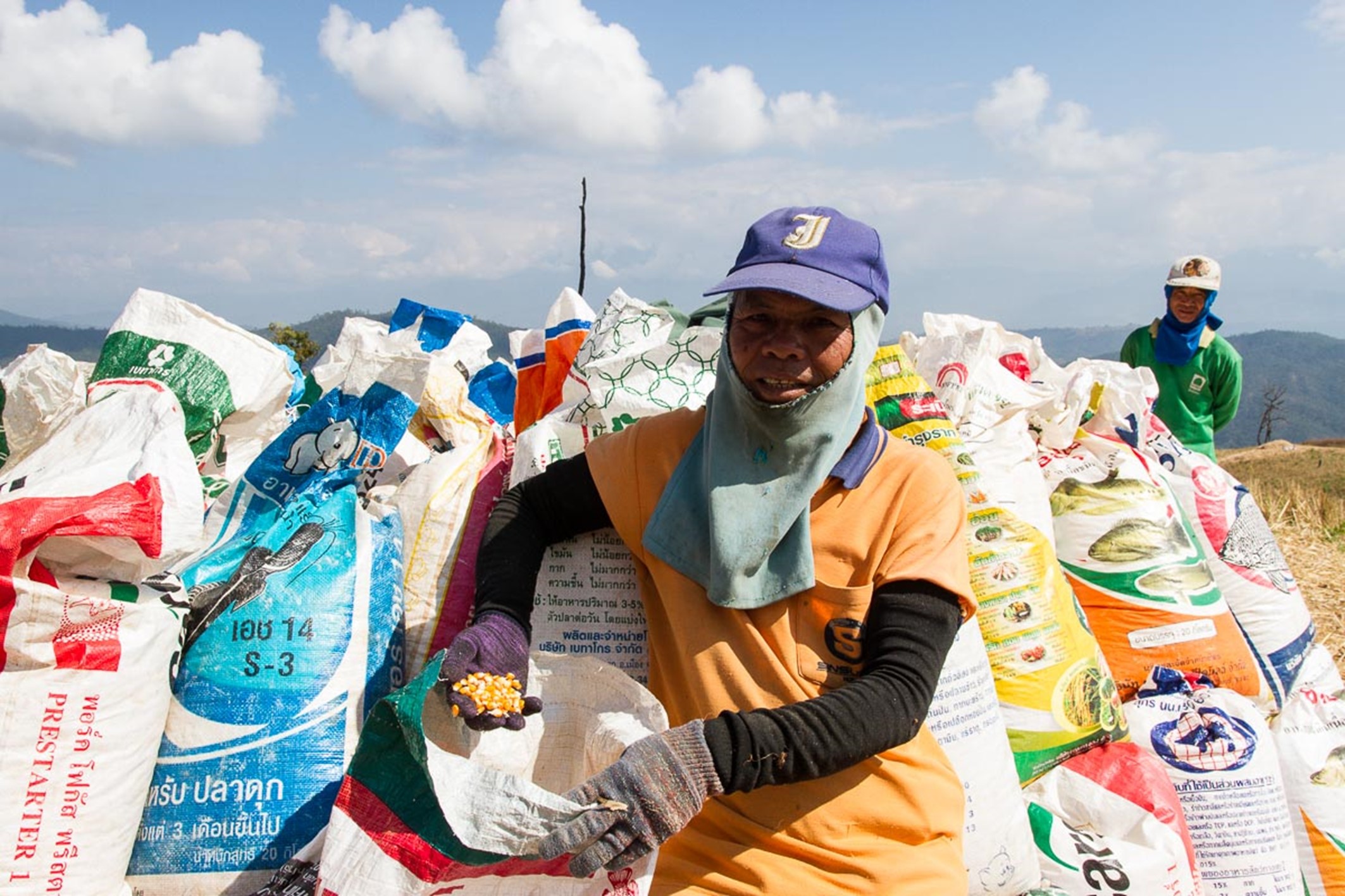Recent YESI funding success
Posted on Monday 26 February 2018

YESI Research Theme Leader, Prof Bob Doherty was awarded an ESRC grant where he will act as Co-Investigator to investigate sustainable food consumption spaces and practices in the global South, and the YESI office supported Dr Richard Friend’s application to the Newton Fund for a grant to explore resilient food systems in the Mae Chaem district, Chaing Mai province.
ESRC Grant-Sustainable Consumption, the Middle Classes and Agri-food Ethics in the Global South
Expanding middle class consumption in the global South and the accompanying economic growth is seen to be a potential threat to environmental sustainability. The UN's Sustainable Development Goal 12 (Ensure Sustainable Consumption and Production) recognises the need to support developing countries in strengthening their technological capacity to enable more sustainable patterns of consumption, to promote sustainable public procurement practices, and to ensure that consumers have the relevant information and awareness for sustainable lifestyles.
In response, this 2-year programme investigates the mobilisation and practice of sustainable consumption in the global South through an examination of systems of food provision and regulation, everyday consumer habits, and trends and fashions in food consumption. It draws on comparative case study research in Brazil, China, and South Africa. This research is essential to understand how sustainable food consumption is mobilized and practised in distinct global South contexts, how this might be affected during times of increasing political instability and social precarity, and how this relates to the wider context of global population growth and globalizing consumerism.
To read the full case study click here
Newton Fund-Resilient Food Systems: Co-producing Knowledge and Environmental Solutions
The Mae Chaem district, Chaing Mai province, is a major source of food for the urban areas of Chaing Mai. Agriculture has dominated the local economy, particularly for the minority ethnic upland people, identified as among the poorest in Thailand. The district and Thailand, are in the process of a dramatic and poorly understood transition from dependence on agriculture, with rapid urbanisation, expansion of industry and rural-urban migration. Agricultural production is increasingly dominated by cash crops, high levels of pesticide use, and land use practices that contribute to regional haze. For many households, small scale agriculture is not viable.
The concept of ‘food system’ faces disciplinary division amongst researchers and government agencies which is suggestive of the deep-rooted obstacles and the need for a shared conceptual and analytical framework. This project will examine the rapidly changing food systems in Northern Thailand, looking at the interlinkages and feedback loops between different components across scales, to identify pathways to transformations that are socially and environmentally resilient and just.
To read the full case study click here
